Endometriosis is a medical condition where tissue similar to the lining of the uterus grows outside of it, causing significant pain, especially during menstruation. It can affect women of reproductive age and is one of the leading causes of infertility. Dr. Saurabh Phadnis, a leading expert in gynaecological health, provides personalised care to women dealing with Endometriosis, ensuring accurate diagnosis and appropriate treatment plans.
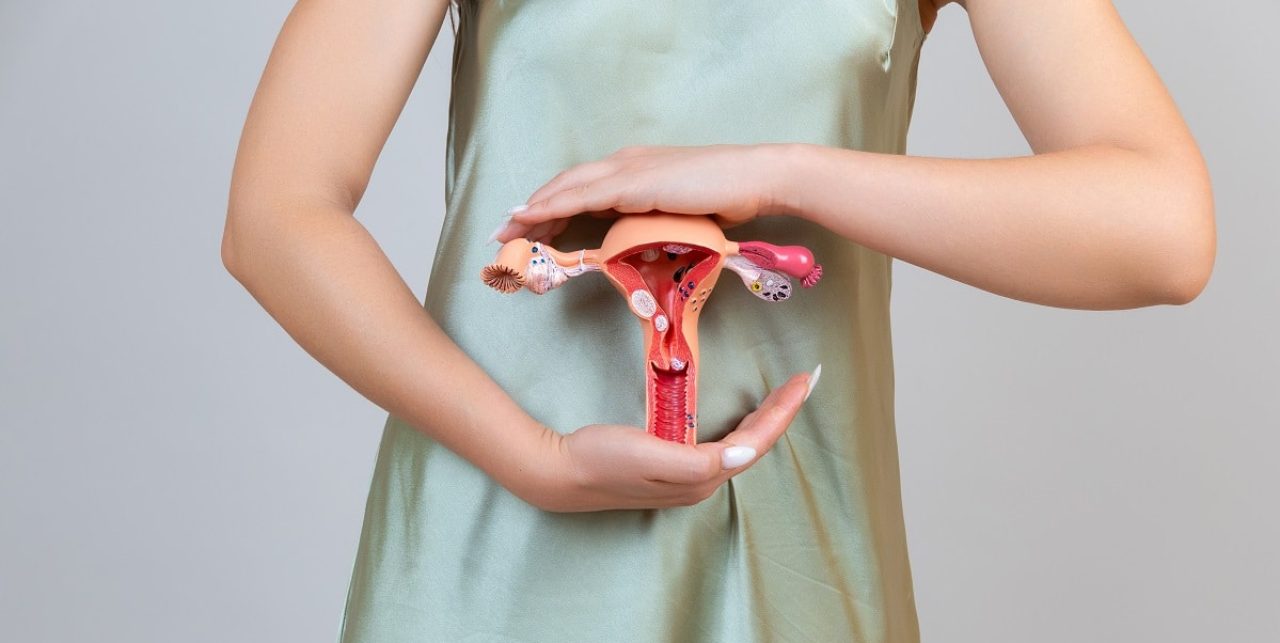
Endometriosis occurs when tissue that behaves like the endometrial lining of the uterus grows outside the uterus, often on the ovaries, fallopian tubes, and other pelvic organs. This tissue responds to hormonal changes throughout the menstrual cycle, just like the lining inside the uterus would.
However, unlike the tissue inside the uterus, this tissue has no way to exit the body. As a result, it becomes trapped, leading to inflammation, scarring, and painful symptoms.
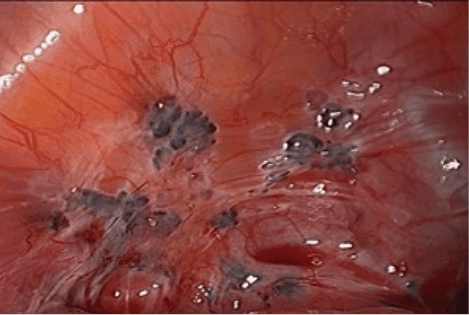
Common symptoms of Endometriosis include:
The most common symptom, which often gets worse during menstruation. It can also occur during intercourse, bowel movements, or urination.
Women with Endometriosis often experience exceptionally heavy periods (menorrhagia), leading to more frequent changes in pads or tampons.
Deep penetration or movement during sexual activity can cause pain, often in the pelvic region.
Endometriosis is a leading cause of infertility, affecting approximately 30-50% of women with the condition.
Chronic tiredness is a common issue, as Endometriosis can cause prolonged physical discomfort.
Painful bowel movements, especially during menstruation, and urinary symptoms, such as increased frequency or pain, are also associated with Endometriosis.

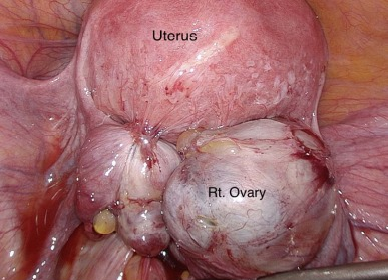
There are several known risk factors that increase the likelihood of developing the condition:
A family history of Endometriosis can increase the risk.
Endometriosis most commonly affects women in their 30s and 40s, though it can occur at any age.
Oestrogen, the primary female hormone, plays a key role in stimulating the growth of endometrial-like tissue.
Women who started menstruating early, have longer cycles, or have fewer pregnancies may have a higher risk of developing Endometriosis.
Some women with Endometriosis have immune system abnormalities that may prevent the body from recognizing and eliminating the abnormal tissue.
Dr. Saurabh Phadnis in London uses several methods to accurately diagnose the condition:
A pelvic exam can help detect any abnormal growths or cysts in the reproductive organs.
A pelvic ultrasound can help identify cysts, known as endometriomas, which are often filled with old blood.
An MRI scan may be used to give a detailed image of the pelvis, which can help doctors understand the extent of the Endometriosis and plan for surgery if needed.
The gold standard for diagnosing Endometriosis is laparoscopy, a minimally invasive surgical procedure where a small camera is inserted into the pelvic area.
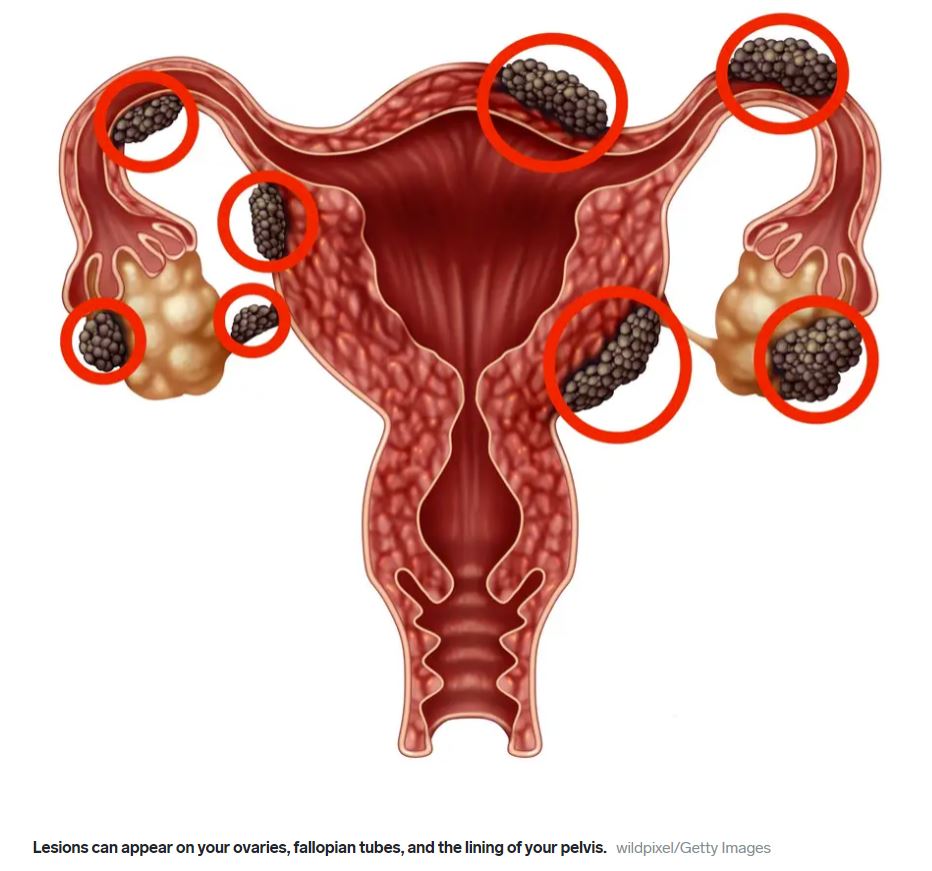
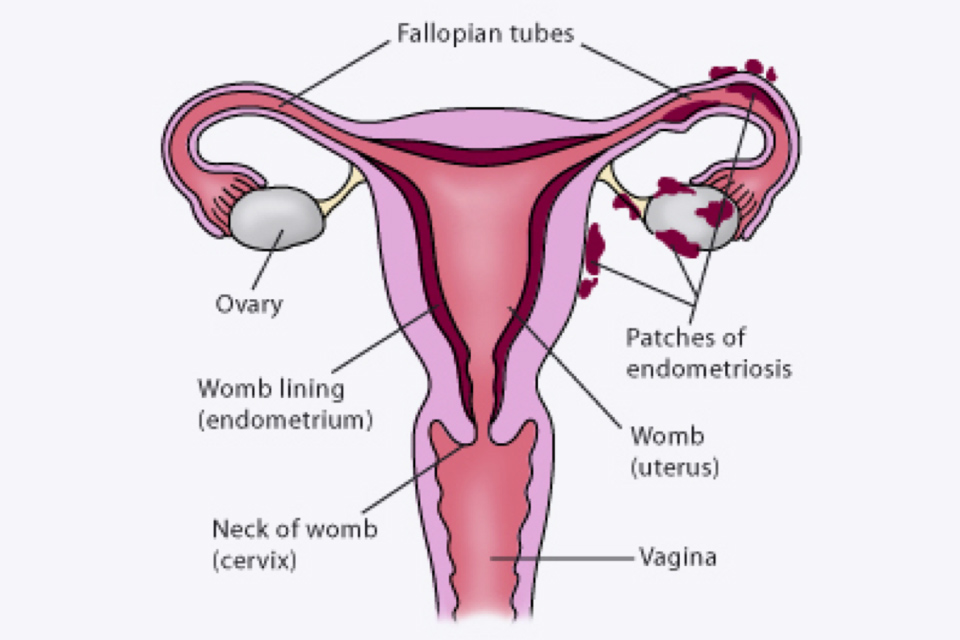
Early diagnosis of Endometriosis is crucial for managing symptoms and preventing long-term complications, such as infertility and chronic pain.
Because the symptoms often resemble other conditions, Endometriosis is frequently diagnosed late.
Timely medical intervention can significantly improve the quality of life and reduce the chances of severe scarring or damage to the reproductive organs.
Dr. Saurabh Phadnis is a highly experienced gynaecological expert based in London, specialising in the diagnosis and management of Endometriosis.
Dr. Phadnis combines advanced diagnostic tools with his extensive experience to provide the most accurate diagnosis.
Understanding the challenges of living with Endometriosis, Dr. Phadnis provides holistic care, addressing both the physical and emotional aspects of the condition.
Dr. Phadnis ensures a compassionate, patient-centred approach, providing a comfortable environment where patients can openly discuss their symptoms and concerns.
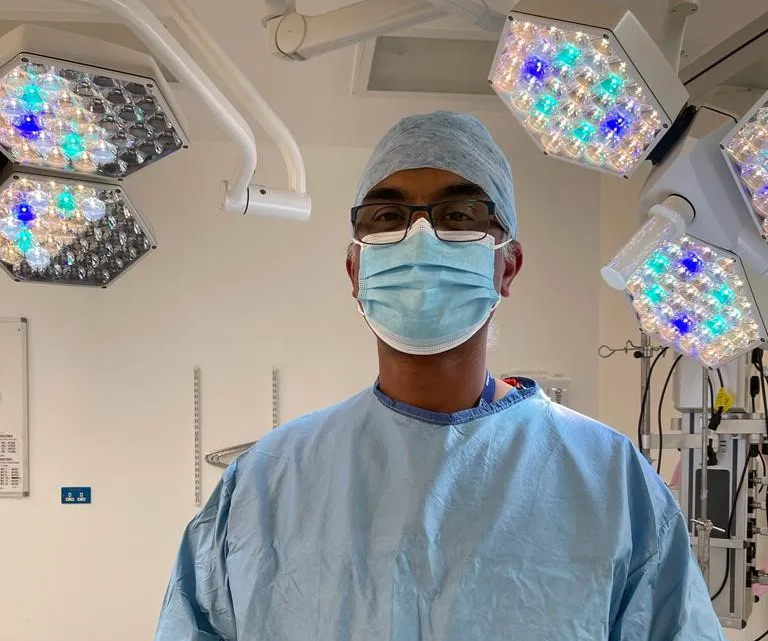
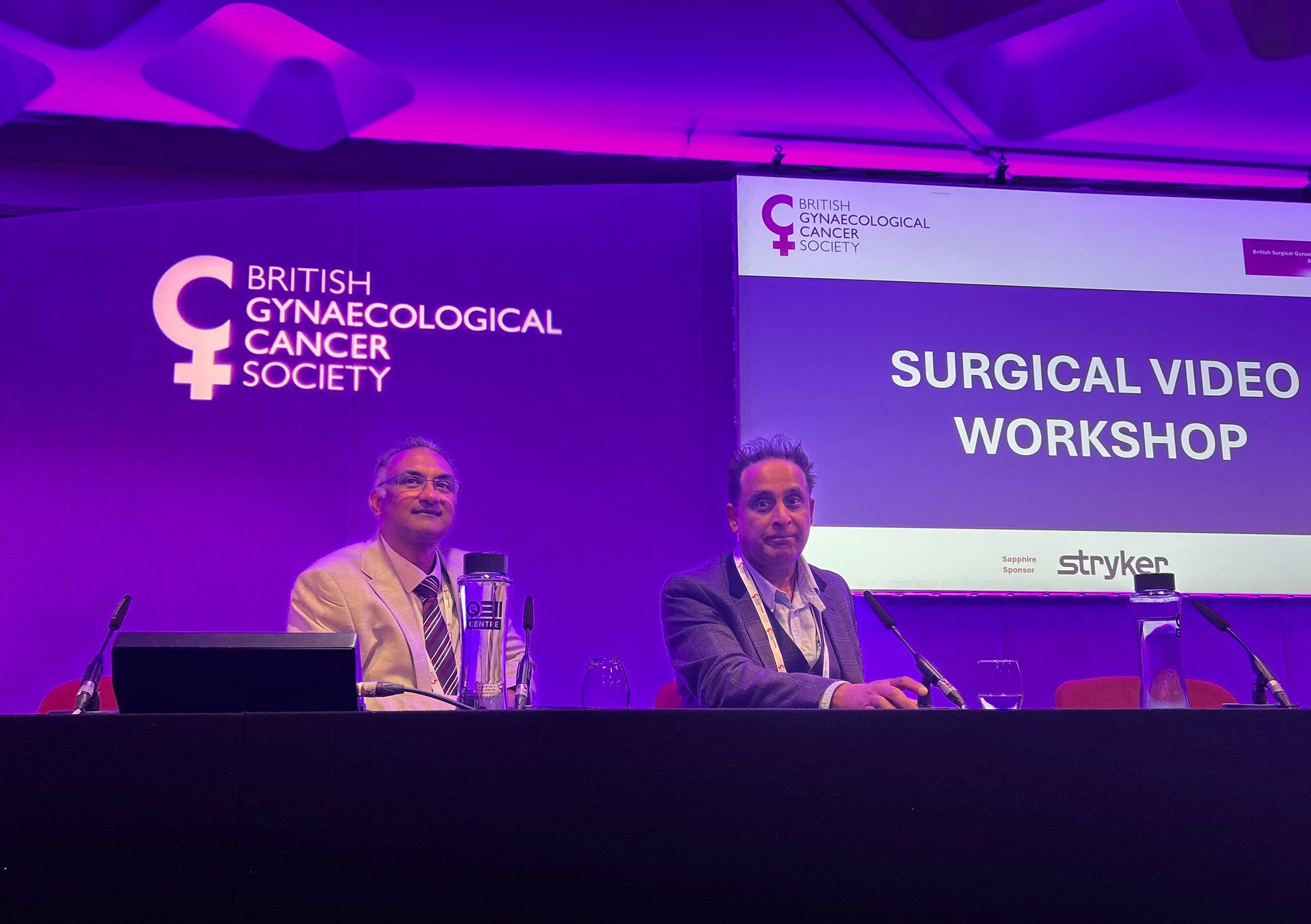
Endometriosis is a condition that affects millions of women worldwide, but with early diagnosis and appropriate management, women can lead healthy, fulfilling lives.
Dr. Saurabh Phadnis in London offers expert diagnosis and comprehensive care for women with Endometriosis, providing tailored treatment plans that improve both symptoms and quality of life.
Contact Dr. Phadnis today to schedule a consultation and take the first step toward effective management of Endometriosis.
If you’re concerned about Endometriosis, private consultations are available with Dr. Saurabh Phadnis, leading Gynaecologist, Oncologist, Surgeon, and Co-Lead Colposcopist based in London; specialising in gynaecological cancer. You can visit his clinic or call directly to book an appointment and receive expert care, advice, and personalised treatment.
Endometriosis symptoms include pelvic pain, painful periods, heavy menstrual bleeding, pain during intercourse, and infertility. If these symptoms persist, seek medical attention.
Endometriosis is diagnosed through a combination of pelvic exams, ultrasounds, MRIs, and laparoscopy. Laparoscopy is the most definitive way to confirm the condition.
Yes, Endometriosis is a leading cause of infertility. The condition can cause scarring and blockages in the reproductive organs, making conception more difficult.
The exact cause of Endometriosis is not fully understood, but genetic factors, hormonal imbalances, and immune system dysfunction are believed to contribute.
Treatment options for Endometriosis include pain management, hormonal therapies, and surgery (such as laparoscopy) to remove the endometrial-like tissue.
Specialising in the field of gynaecological cancer, covering the entire spectrum from diagnosis to treatment and post-treatment care.